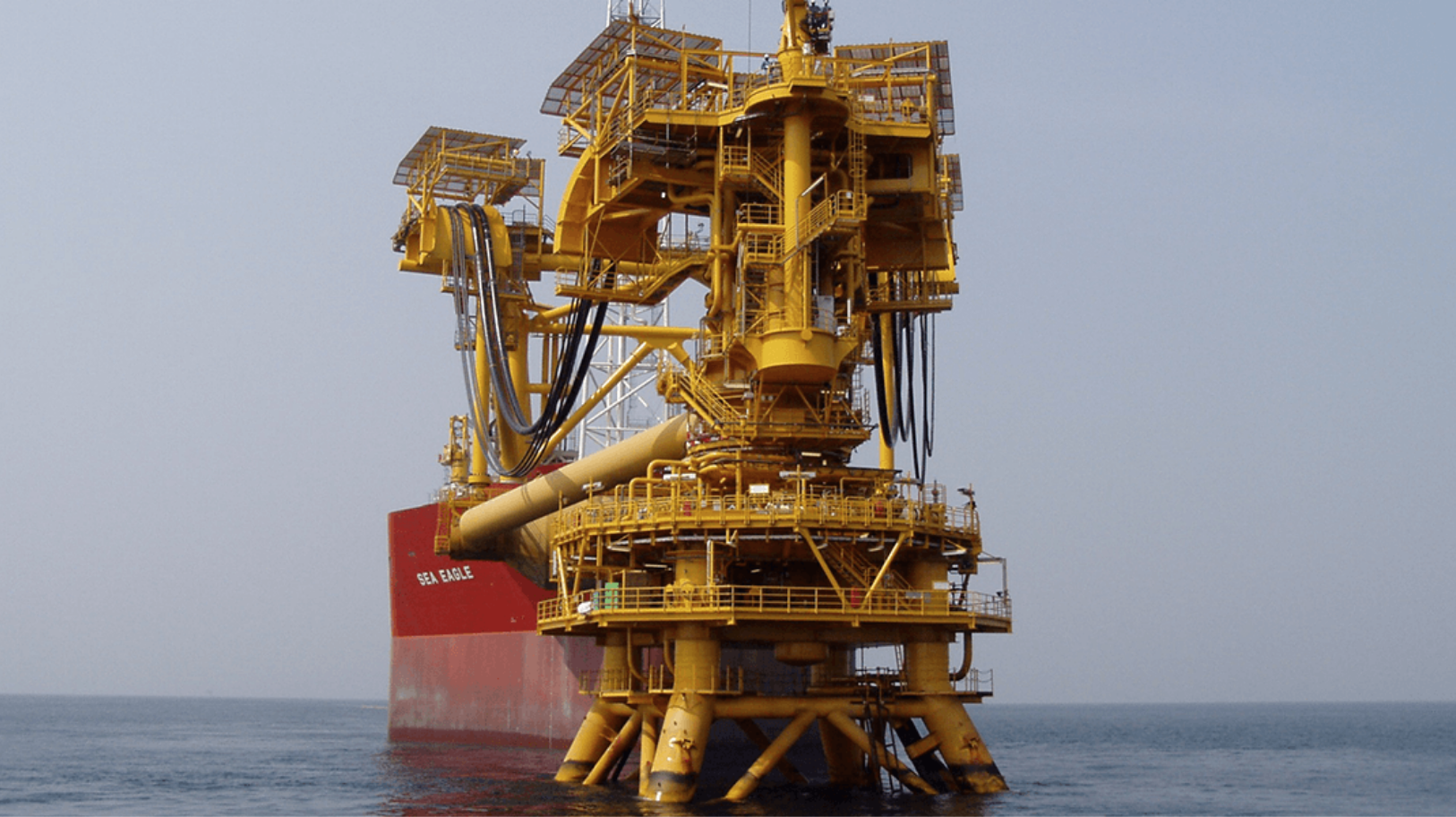Shell’s production of liquids and natural gas in Africa has been halved in only two years. The major closed 2021 with a liquids production of only 89,000 barrels per day (bpd) from the continent, compared with 183,000 bpd at the start of 2020. Similarly, its African production of natural gas was down to 448 MMscfd in Q4 2021 compared with 784 MMscfd in Q1 2020.
Source: Shell quarterly earning results
A Focus on African Offshore Only
The data represents output volumes for both Nigeria and Egypt, where Shell is currently rationalizing its portfolio. In Egypt, it sold its onshore upstream assets in the Western Desert to a consortium of Cheiron Petroleum Corp. and Cairn Energy in September 2021 for $646m. Meanwhile, it also recently acquired seven new offshore concessions in the West Mediterranean, the Red Sea and the West Nile Delta.
Shell’s strategy to exit onshore assets and focus on offshore projects also applies to Nigeria. The company is currently selling its 30% interest in the Shell Petroleum Development Co. joint-venture (SPDC JV). The JV still operates as many as 19 onshore and shallow-water licences, where Shell’s interest represented 60,000 barrels per day (bpd) of liquids and 484MMscfd of gas at the end of 2020.
A Decreasing Pipeline of pre-FID African Projects
Moving forward, Shell will be focusing only on African LNG projects or deep-water development projects with attractive economics. And their number is limited.
In Nigeria, it holds a 26% interest in Nigeria LNG where the already delayed Train 7 project will be adding another 7.6 million tonnes per annum (mtpa) of liquefaction capacity to the Bonny Island LNG export terminal. Related to Train 7 is Shell’s HI Development on OML 144 where it has a 40% interest. HI is expected to produce 75,000 barrels of oil equivalent per day (boepd) and be a major supplier of feedstock to Train 7 once commissioned in the middle of this decade.
Finally, Shell confirmed once again in its Q4 2021 earnings results that it continues to explore a few pre-FID options for the further development of its deep-water Bonga asset on OML 118. The PSC for the block was renewed in 2021.
As a result, the major continues to study the Bonga Main Life Extension & Upgrade project with a projected peak production of 60,000 boepd and the Bonga North Tranche 1 subsea tie-back project with a projected peak production of 120,000 boepd. Both projects remain attractive because of their ability to add significant production volumes from the existing Bonga FPSO.
However, the Bonga South-West/Aparo project, which plans to utilise a brand new FPSO with a capacity of 150,000 bopd, is delayed. Shell recently put the bidding process on hold for the project. While it continues to accept open bids, the major has declared it would not be proceeding with the development in the immediate future.

